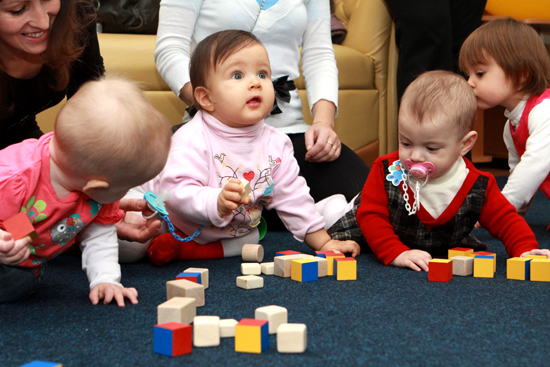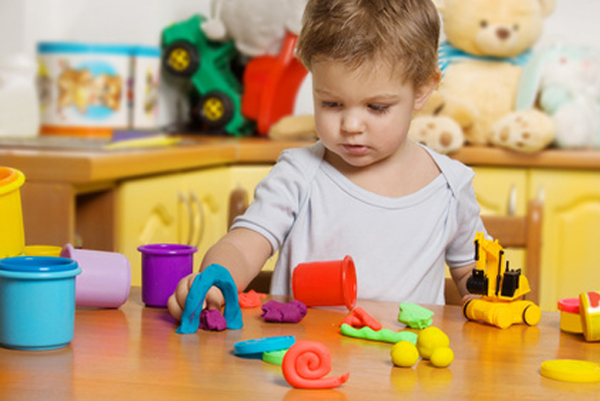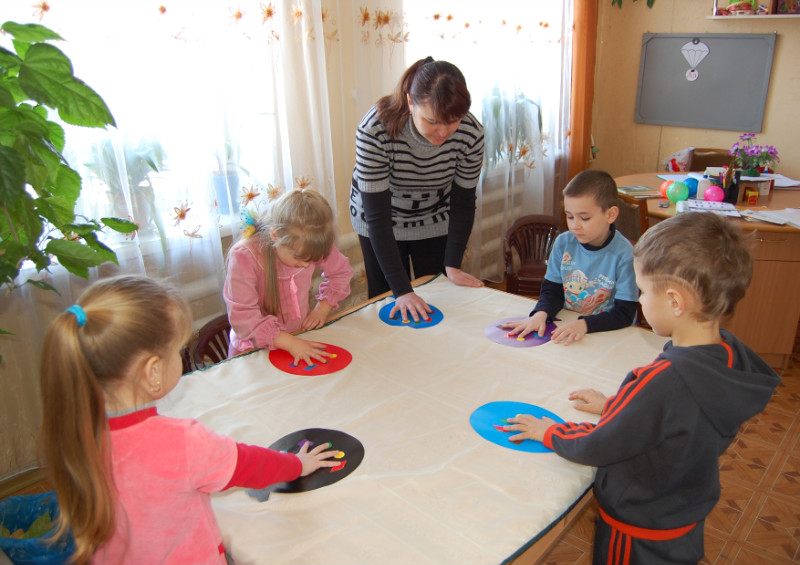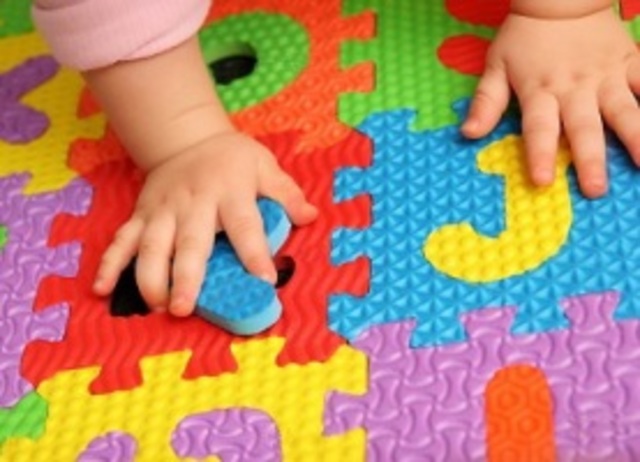Early development of a child is not only an early reading and an account, as is commonly thought. First of all, this development of the basic mental functions – attention, imagination, memory, logical and spatial thinking, the ability to analyze and generalize. This is not filling the little child’s head with unnecessary information, and the creation of a certain intellectual base, will become a strong foundation for further successful learning, will make the child’s psyche resistant to school stresses.
Early development of the child is daily small and large discoveries, this is a surprise and admiration, this is a huge world of childhood. These are the first inept drawings gouache and watercolor, crayons and pencils. This is the first experiments with water and sand. This is all that brings together adults and children, helps them learn from each other, makes them better and more spiritual.







